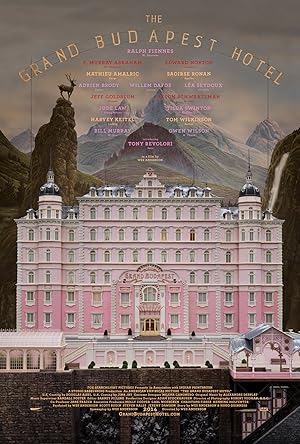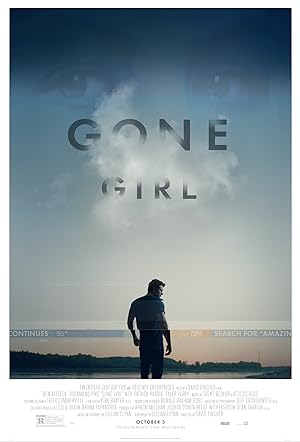Twin Peaks: The Missing Pieces

Scott Hardie: “It was ok.”
When Gus Van Sant remade Psycho shot-for-shot in 1998, Roger Ebert was not like most critics, who raced to denounce it as some kind of desecration of Alfred Hitchcock's hallowed masterpiece. Instead, Ebert regarded it as a failed experiment, and a useful one: At least now we know that remaking an excellent classic film shot-for-shot is pointless and not worth doing again.
I reached a similar conclusion about The Missing Pieces, a (barely) theatrically-released feature film assembled by David Lynch from the multiple hours of extra scenes that he filmed for Fire Walk with Me but didn't use in order to narrow the focus on Laura Palmer's point of view. This follow-up film essentially answers the question, "What if you could watch a movie again, but this time instead of following the main character, you watch scenes of all of the other characters in the vicinity, just to see what they were doing at the same time?" And the answer is: At least now we know that such a companion film is pointless and not worth doing again.
On a scene-by-scene basis, The Missing Pieces is fine to watch; some of the scenes work while others don't. But the film never coalesces as a whole because there's no narrative through-line from start to finish. If Fire Walk with Me is only worth seeing after the TV series because otherwise it would make no sense, then The Missing Pieces is only worth seeing after Fire Walk with Me for the same reason: It doesn't attempt to explain its events, or its characters' motivations, or its symbolism or themes; instead, it depends on you bringing an understanding of those things from another movie, that itself borrowed them from the convoluted plot of a 30-episode TV series. This is the ultimate definition of "for fans only."
Given that some of the material here contradicts what's in the lore of the TV series, there are issues with canonicity -- but this being David Lynch, what does "canonical" even mean? He was a surrealist who specialized in dream-like fluidity. In the ways that its unrelated scenes shift focus from one character to another without adding up to a complete whole, The Missing Pieces plays like a series of dreams set in the world of Twin Peaks rather than a film telling a story. I'm glad that I saw it once, but I wouldn't bother to repeat it.
− February 17, 2025 • more by Scott • log in or register to reply
Want to join the discussion? Log in or register to reply.
write your own review of Twin Peaks: The Missing Pieces
Other Movies from 2014

The Grand Budapest Hotel
Samir Mehta, Scott Hardie, Erik Bates, and Evie Totty say, "It ruled." Go »
This is Where I Leave You
Samir Mehta says, "It was ok." Go »
The Giver
Evie Totty says, "It ruled." Go »
Godzilla
Evie Totty says, "It ruled." Go »
Gone Girl
Samir Mehta, Evie Totty, Erik Bates, and Scott Hardie say, "It ruled." Go »










